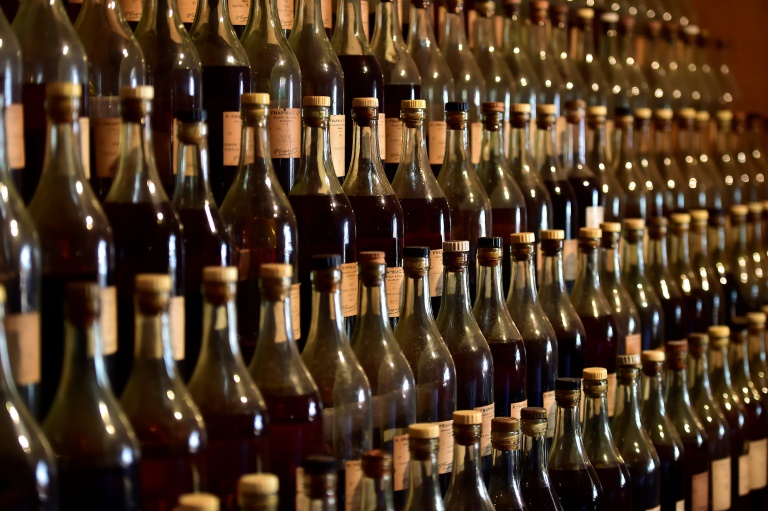In 2022, China emerged as the largest importer of brandy globally, primarily sourcing it from France, as reported by Daxue Consulting. However, a brewing trade conflict has erupted as China announced provisional tariffs on brandy imports from the European Union (EU), marking another chapter in the escalating tensions between Beijing and Brussels. Despite being significant economic partners, the two entities have recently clashed over China’s extensive subsidies for domestic industries, which the EU argues distort free-market competition by reducing the prices of Chinese exports. China has rejected these assertions, instead accusing the EU of engaging in protectionist practices that disadvantage Chinese goods.
The tensions intensified when China initiated an investigation into EU brandy earlier this year, a move that mirrored the EU’s earlier probe into Chinese electric vehicle subsidies. Although China disclosed in August that it would not impose provisional tariffs on brandy manufacturers despite finding evidence of dumping, it has since reversed course. Effective this Friday, importers will be required to pay a “corresponding guarantee” based on specific calculations that consider approved prices and import taxes. The Chinese commerce ministry indicated that the investigation had revealed dumping practices from the EU that threaten significant harm to its domestic brandy industry.
The ministry’s findings outlined various rates that different French brandy exporters will face; these range from 30.6% for Martell to 39% for Jas Hennessy and 38.1% for Rémy Martin. Following the announcement of the tariffs, stocks of prominent French spirits companies like Rémy Cointreau and Pernod Ricard took a hit, reflecting investor concerns over the anticipated impact of these measures. This decision has sparked a defensive response from the EU, which intends to challenge the tariffs through the World Trade Organization (WTO). Olof Gill, the European Commission’s trade spokesperson, stated that the EU views the tariffs as unfounded and is committed to protecting its industry from any misuse of trade defense mechanisms.
In response to the escalating situation, France’s cognac producers have called for a cessation of hostilities in the trade dispute, warning of potential negative effects on their sector. The National Interprofessional Bureau of Cognac (BNIC) has expressed concern over the uncertainty created by the new rules. Cognac exporters that have established subsidiary companies in China now face additional financial burdens related to the guarantee payments. The BNIC has urged the French government to take decisive action to mitigate the situation, indicating that they feel trapped in the crossfire of a trade war.
The EU, recognizing the potential fallout from China’s tariffs on its spirits industry, has vowed to explore all available measures to support affected producers. The Commission’s officials have stated they possess tools to counteract deleterious impacts on EU businesses stemming from market disruptions caused by foreign subsidies. In a broader context, this trade spat reflects the increasing complexities of global commerce as both entities engage in investigations into one another’s subsidy practices. For instance, the EU recently approved tariffs on electric vehicles imported from China, citing unfair competition arising from Chinese government support of its domestic automotive sector.
The trade tensions have sparked a cycle of retaliatory investigations and actions. Beijing’s commerce ministry indicated that it would continue to protect its domestic industries by implementing further measures as necessary. This ongoing dispute illustrates the challenges of navigating international trade relations, especially as geopolitical dynamics shift and economic competition intensifies. As both sides navigate these complex issues, the outcomes of these investigations and measures could significantly affect bilateral trade, impacting key industries including the lucrative brandy market.

